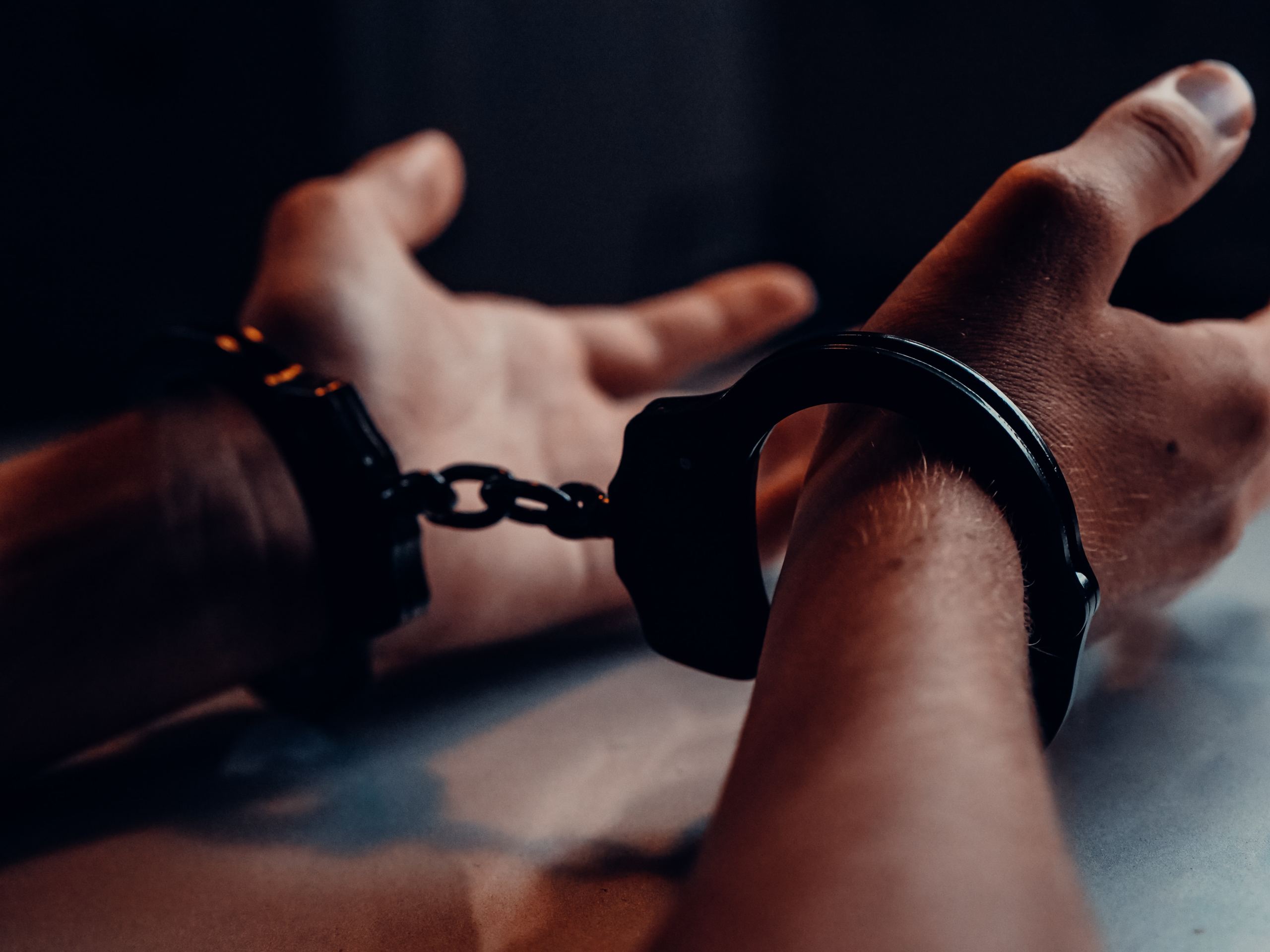Last week the press had a field day taking pot-shots at Southport magistrate Bernadette Callaghan for ordering police to remove handcuffs from a defendant appearing in court. When the man subsequently made a run for it, according to newspaper reports police went into a spin, with one ‘police source’ accusing the magistrate of treating herself as being “above the law” because she refused to have the defendant manacled in her courtroom, and another high-ranking officer threatening to boycott the courts over the matter.
Photo: Kindel Media
Source: Pexels
For the record, there’s a long line of legal authority that requires judges and magistrates to allow prisoners to be handcuffed in court only if and when a risk of escape or violence has been demonstrated, and appropriate arrangements have been made to ensure the handcuffing doesn’t unnecessarily prejudice the prisoner’s right to a fair trial. Shackling a defendant in court not only violates the dignity of the individual, but it seriously erodes the presumption of innocence, which every court is bound to uphold. That’s why all defendants must be unfettered in court unless there’s a demonstrated good reason to do otherwise.
The onus is on the police to clearly establish the need for handcuffs in any given case. Otherwise the cuffs should come off, which is exactly what the magistrate ordered in this case. To suggest she acted “above the law” in doing so is plainly wrong. It may make life easier for police to have everyone chained up when they come to court to answer charges, but that’s not the way the courts work. Rules apply, including the presumption of innocence, and magistrates are duty bound to ensure they are observed.













